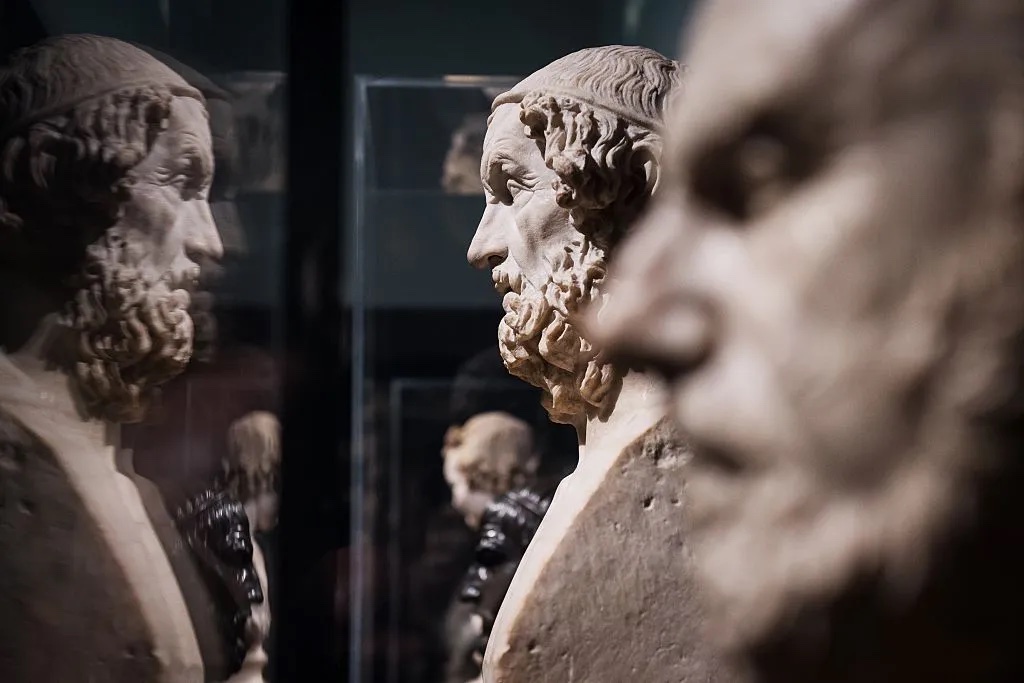The Hamas charter does not mince its words: “The Prophet, Allah bless him and grant him salvation, has said: ‘The Day of Judgment will not come about until Muslims fight the Jews (killing the Jews), when the Jew will hide behind stones and trees. The stones and trees will say O Muslims, O Abdulla, there is a Jew behind me, come and kill him.’”
A return to the ancient pagan gods would surely be an improvement, but the modern world adopts the Hamas line. Consider the current deities of the bigots whose opponents, hiding behind a clearly sacrilegious belief in rational argument, must be condemned to eternal cancellation. The Greek and Roman gods of myth were far more accommodating.
Take Homer’s Iliad and Odyssey, the first works of what we call Western literature (c. 700 BC). When the heroes talk about the gods, they refer to their power and unpredictability — but in the gods’ presence they react as if to powerful humans who might be friends or enemies. They do not see the gods as numinous, venerable or incomprehensible beings. Indeed, in a famous scene in the Odyssey, Athena and Odysseus almost josh with each other.
As for fate — which usually means “death” — the poet calls it up or ignores it simply for dramatic purposes. The heroes are aware of its existence and fully accept it, but that does not stop them behaving like heroes right to the end.
The world Homer depicts is one which maintains a dramatic balance between man, fate and gods, allowing men to pay a full and free part as independent beings. Gods simply require ritual acknowledgement. Concepts such as sin, blasphemy, belief and days of judgment are entirely absent. Homer did not do “theology” in our sense of the word. Homer’s great work broadly reflects ancient Greek thinking about the gods, who had no interest in constricting the scope of human investigations into anything — Was Allah right? Are the Jews hiding behind stones and trees? Why does Hamas hide in underground tunnels?
This article was originally published in The Spectator’s January 2024 World edition.


























Leave a Reply